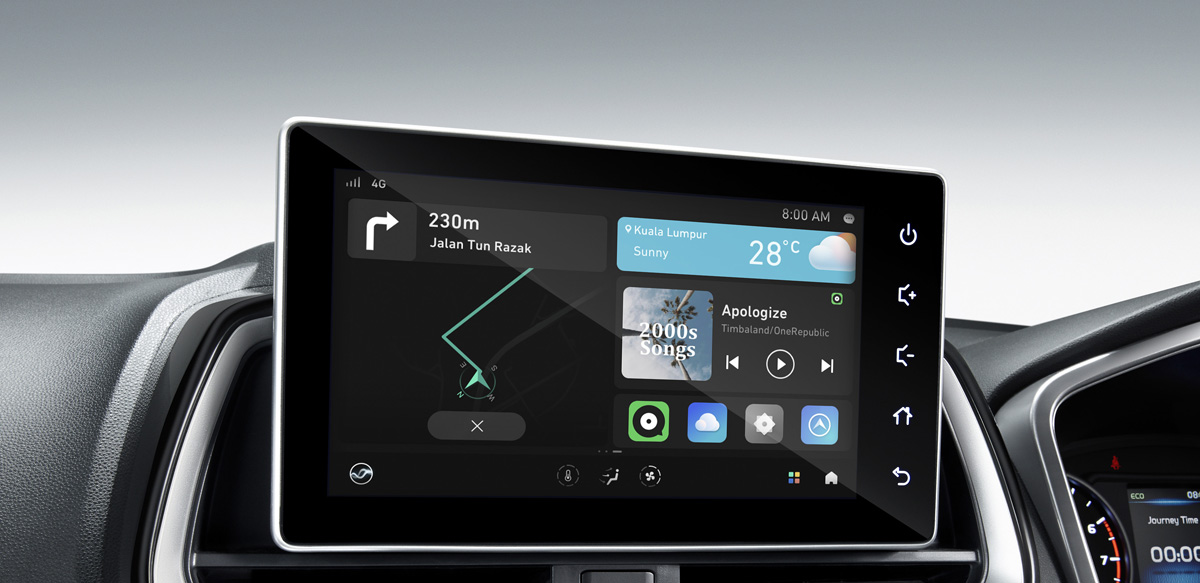Malaysia’s automotive industry is facing increasing cybersecurity threats as vehicles become more digitally connected, according to a new report by Ensign Infosecurity. The firm raises concerns over how gaps in threat detection and supply-chain vulnerabilities are leaving the sector open to potential attacks.
Speaking to the South China Morning Post (SCMP), Ensign Infosecurity Malaysia senior director Jeremy Moke stated that the country’s booming network of automotive suppliers and service providers is a key risk factor. One highlighted vulnerability involves hackers extracting sensitive information from smartphones linked to vehicle dashboards via platforms like Apple CarPlay and Android Auto.

“The proliferation of modern vehicles integrating complex computing, software, and supporting infrastructure creates new points of vulnerability,” said Moke. He added that the automotive and mobility sector is increasingly becoming a target, though it still ranks behind the public sector, telecommunications, hospitality and banking in terms of vulnerability.
The report also flagged rising cyber risks across other critical infrastructure sectors, including energy, utilities, defence and law enforcement. These concerns come amid escalation in cyber threats across the Asia-Pacific region, where attackers are growing not just in number and skill, but also in coordination – either as part of organised crime networks or even state-sponsored actors.

Moreover, Moke noted that the time it takes to detect cyberattacks is also worsening, with breaches having the tendency to go unnoticed for 201 days on average. Even in highly regulated industries such as banking, attackers still have around three weeks of undetected access, and breaches are seldom discovered in under 10 days.
This prolonged window allows attackers to steal valuable data before companies even become aware of the intrusion. The trend has heightened public concern in Malaysia, especially considering past high-profile data breaches.
(Source: SCMP)


